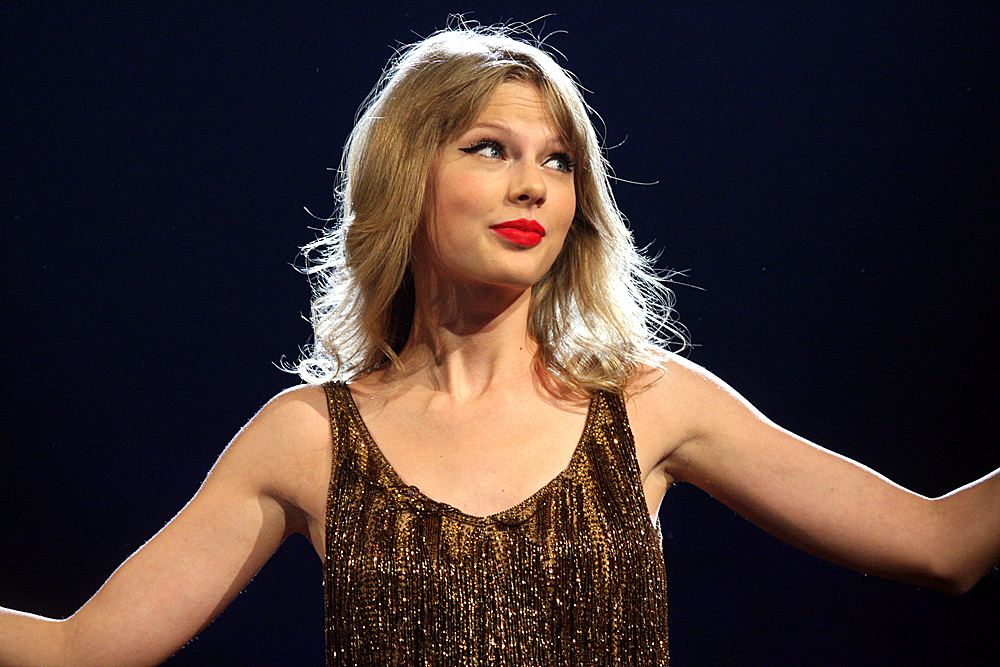
Taylor Swift is making headlines again — but not for her Billboard No. 1 smash album “1989” that has managed to sell 1.3 million copies in the span of a week. Swift has pulled her entire music catalog off of popular music streaming website Spotify. Since that move, Swift has been getting tons of flak and criticism from fans and even contemporary music artists who have showed public disdain.
While this move may seem cold-hearted from a consumer perspective, Swift maintains a strong stance in advocating equity for labels and artists. Working months on an album that you have produced yourself and written all the lyrics for doesn’t seem to justify putting her discography on a free streaming website. All the diligence spent on that project is withered away when someone can simply click a link and get the material for no price at all.
In many ways Swift is correct. Musicians, no matter how glorified they are, are just like everyone else in the essence that they work a daily schedule and spend time developing their craft. Musicians spend countless weeks recording and doing other supplemental activities to ensure their project is satisfactory. For the average consumer to just stream the album with virtually no payment is tantamount to a slap in the face.
Album sales have majorly decreased since the new millennium and free streaming websites with digital downloading and payment have made purchasing albums less enticing. From 2000 to 2013 sales have declined up to 70 percent with the maximum sales peaking at $730 million in 2000 and a sizably lower $206.4 million in 2013. Album sales are not what they used to be.
But why should that matter? It’s been proven financially over decades that artists don’t even get much profit from album sales. Profit is usually attributed to tour sales, merchandise and endorsement deals. Swift’s “Red” tour grossed over $150 million over the course of the 86 shows while also being the spokesperson for Cover Girl and Diet Pepsi.
Swift has the star power that can maneuver the masses into buying whatever she’s selling. Her last three albums have all seen sales of over one million during the first week and she is now at 30 million albums worldwide — not including digital downloads of singles and such. Why would a prominent star like Swift, knowing she can pull these numbers, take a gamble on having her music allocated throughout the web for free streaming? She’s not taking any chances and consumers blame her in the process.
And what about the moral lesson of it all? It’s not just about the value of an album. Swift at the core is teaching consumers that your tenacity and effort should have a value. Everyone wants to be rewarded for the good work that they do, so why shouldn’t artists have that same outlook? Swift, despite being one of the biggest pop stars on the planet, is still human and has standards.
The music industry is definitely a tenuous business that is harsh on veterans and even newcomers to the game. Her mindset isn’t different from many of the people in an outcry over the action. Many people, if they were in her position, would want to capitalize on their hard work and make sure they were being paid sufficiently for the work they expend. “It’s my opinion that music should not be free,” Swift wrote in an op-ed for the Wall Street Journal, “and my prediction is that individual artists and their labels will someday decide what an album’s price point is. I hope they don’t underestimate themselves or undervalue their art.”








